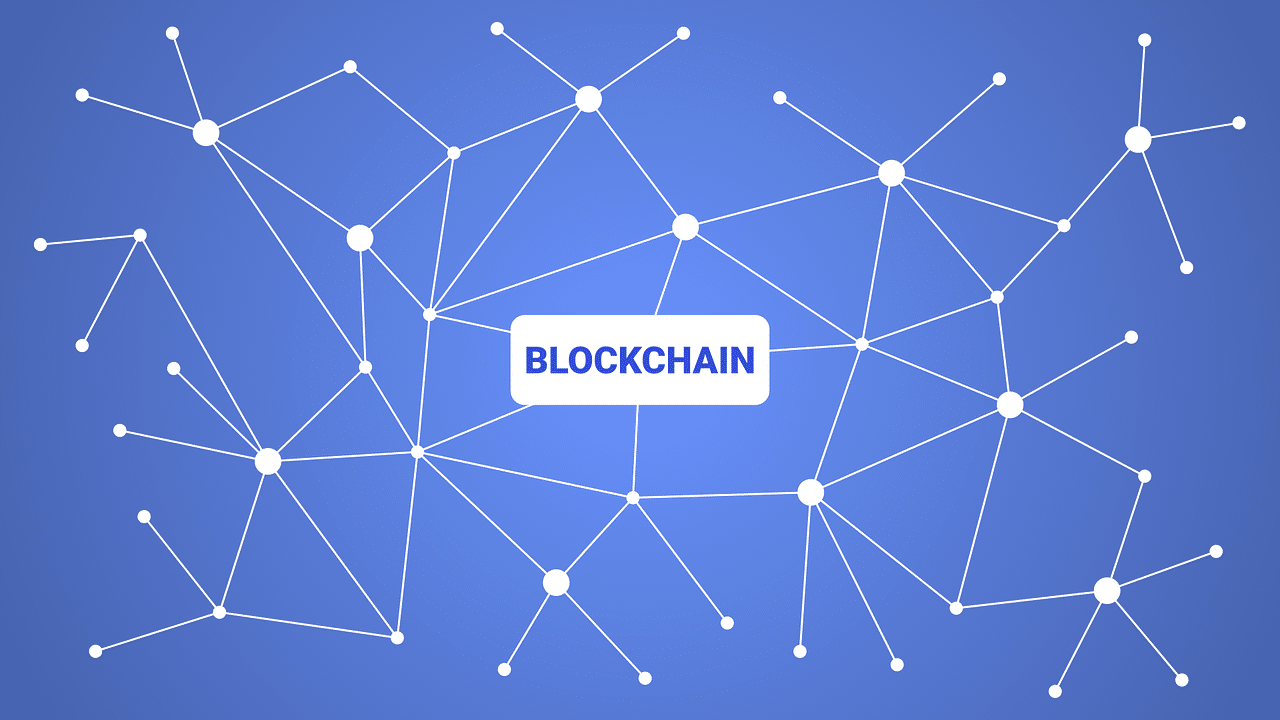Auto giant Ford carried out a detailed study and found out that blockchain technology can transform cities by improving the blockchain technology.
3-year Study Plan
The new technologies, such as blockchain and geofencing, can improve the lives of people as a result of better air quality in the urban cities. Ford has published the results of a 3-year study that collected the data from three different cities, including Cologne, London, and Valencia. The results are concluded after a cover distance of 400,000 km, which unveils that DLT technology could play an important role in transforming urban cities via plug-in-hybrid-electric vehicles (PHEVs).
In the city of Cologne, information of ‘green miles’ is stored over blockchain after roaming cars in the geofenced zone, which is also helpful for the authorities of the city. According to Mark Harvey, Europe director of enterprise connectivity at Ford:
“With our latest studies in Cologne and Valencia, we’ve shown the additional sustainability and compliance benefits that connected technologies such as geofencing and blockchain can bring to cities, citizens and operators.”
In practical case scenarios, blockchain technology can play an important role in providing better solutions, which are not possible without it. This year, various governments have started initiatives to utilize DLT technology in different departments and sectors.
Recently, different pharmaceutical companies announced the successful development of the vaccine for the Coronavirus pandemic. The major challenge is the equal distribution of the vaccine, and to overcome the challenge of distribution, some have advised using DLT technology.
The blockchain division of the World Economic Forum (WEF) has recently studied the use of DLT technology in the ‘equitable’ distribution of Coronavirus vaccine. Orbs co-founder Netta Korin has also explained the usefulness of blockchain in vaccine’s accessibility to every person in the world. “While it is still unclear how long it will take until the vaccines are available for every last one of us, it is most certain that their supply chain must be closely monitored,” said Korin.
The Australian Border Force (ABF), recently, partnered with Singapore Customs in order to trade goods by using blockchain. The integration between two entities from two different countries is a trial and if the initiative becomes successful, the trade will be continued on a permanent basis.
The World Economic Forum has also started a blockchain project to trace carbon emissions.
